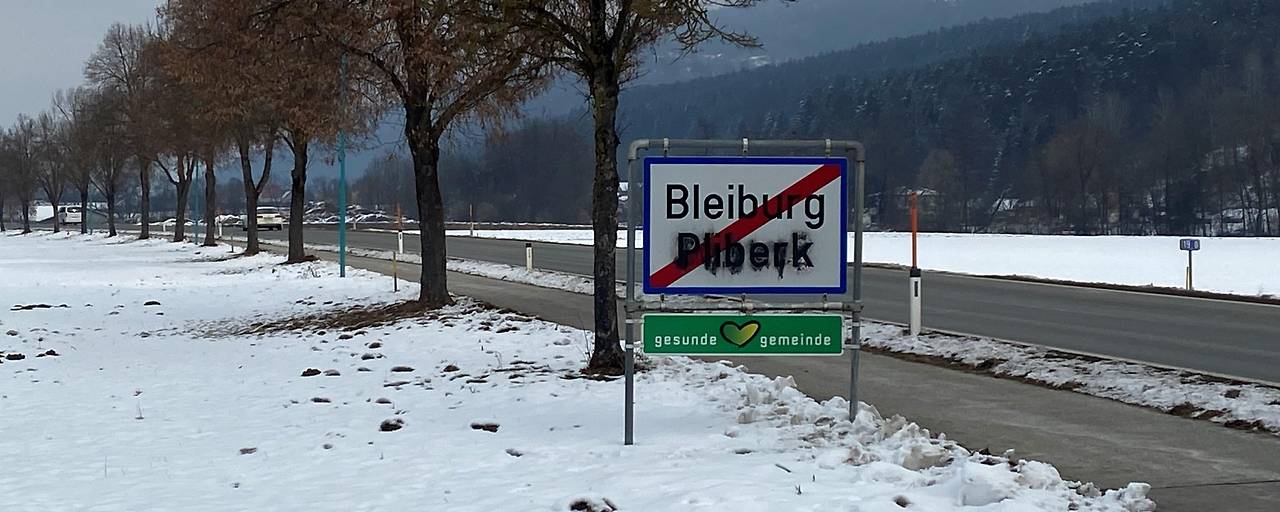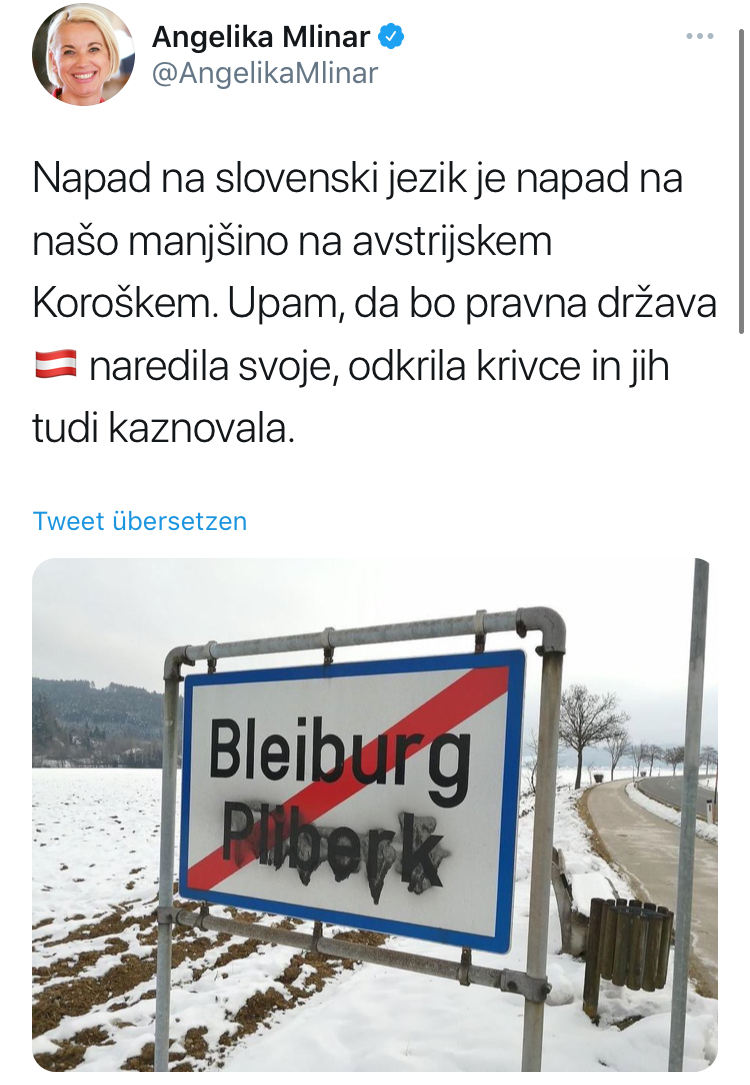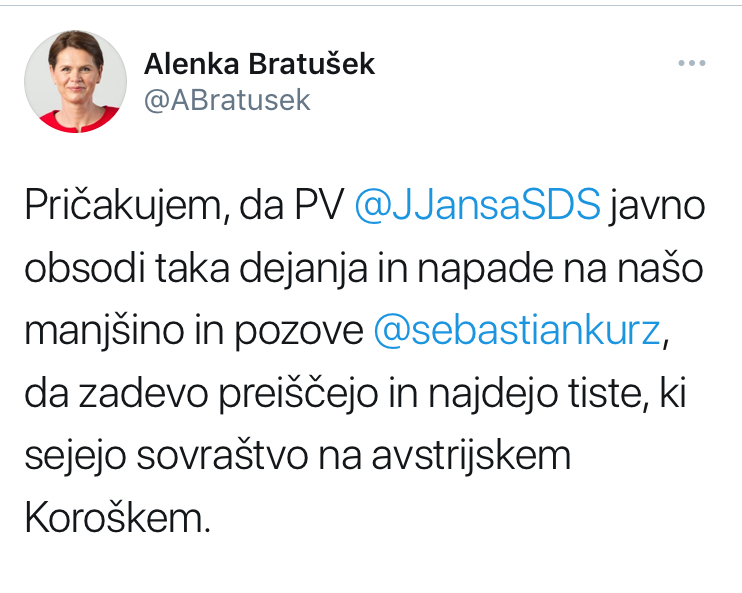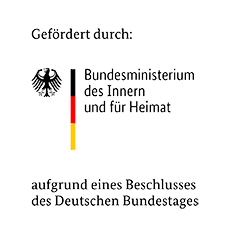
Several bilingual town signs in Carinthia / Koroška smeared
18.01.2021
As the ORF reported on Monday January 18th, 2021, strangers smeared the bilingual town-signs for Bleiburg / Pliberk during the night from Saturday to Sunday (January 17th, 2021). The Slovenian name “Pliberk” was made unrecognizable in black on two tablets. Angelika Mlinar, spokeswoman for the AGSM, condemns the act and calls for the case to be clarified quickly and the perpetrators to be punished.
According to the police, the same perpetrators have probably also made the Slovenian name "Bukovje" unrecognizable on the town -ign for Buchbrunn / Bukovje with black.
Angelika Mlinar, spokesperson of AGSM writes on Twitter: "An attack on the Slovenian language is an attack on the Slovenian minority in Carinthia. I hope that the rule of law in Austria will do its thing, find the guilty and punish them."

Bernard Sadovnik, Chairman of the National Advisory Council for the Slovene Ethnic Group at the Federal Chancellery and Chairman of the Community of Carinthian Slovenes / Skupnost koroških Slovencev in Slovenk (SKS), condemned the smear-actions in the strongest possible way.
“Bilingual town signs are an expression of a shared cultural and linguistic heritage and an active bilingualism. This togetherness must not be destroyed by such acts of vandalism, ”said Sadovnik.
The mayor of Globasnitz / Globasnica assumes that the police will very quickly "investigate the perpetrators and thus put an end to this act of vandalism". Finally, Sadovnik welcomed all initiatives in the bilingual communities that lead to coexistence and more visible bilingualism.
The Council of Carinthian Slovenes/ Narodni svet koroških Slovencev (NSKS) condemns the smear-actions in the municipality of Bleiburg/ Pliberk as well as in the market town of Eberndorf/ Dobrla vas.
"Apparently, some still do not understand that two ethnic groups live in Carinthia and two national languages are spoken, the Slovene and the German," the statement said.
NSKS also hopes that the perpetrators of the actions will be investigated as soon as possible and that such actions will not be repeated again, "especially not before local council elections, in order to create unwanted tensions."
"Smear actions like in the 70s, should not become again our everyday picture", emphasizes the Council of Carinthian Slovenes (NSKS) in conclusion.
Next to representatives of Carinthian Slovenian Minority, there were other political figures convicting the crime. Helena Jaklitsch, minister without portfolio, competent for relations between the Republic of Slovenia and the autochthonous Slovene national community living in neighbouring countries, as well as between the Republic of Slovenia and Slovenians living abroad, said that "she sadly accepts the news of smeared actions in Carinthia, Austria, and strongly condemns such acts. She expects the perpetrators of the dishonorable act to acknowledge and publicly apologize, and the Austrian authorities to condemn the act and to find and officially prosecute the perpetrators".
Alenka Bratušek, former Slovenian Prime Minister and the leader of SAB party, urged the Slovenian Prime Minister Janez Janša, and his Austrian colleague Sebastian Kurz on Twitter to "investigate the matter and find those who sow hatred in Carinthia / Koroška".

On January 25th, 2021, after a new smearing of town signs, this time in Eberndorf / Dobrla vas, the Carinthian Governor Peter Kaiser also spoke up and condemned the smearing. “We live in the 21st century in the heart of Europe. Behavior like this is completely unacceptable for our open-minded and social society, which we have developed into, especially in recent years. "Those responsible must be identified and held accountable, said Kaiser, according to ORF.
The Slovenian Foreign Minister Anže Logar has meanwhile also made a statement. "The Foreign Ministry regrets and condemns the recent massacres in Carinthia," said Logar at a meeting of the parliamentary committee on foreign policy.
There was also the Slovenian national Television and Radio (RTV) that reported on the issue.


